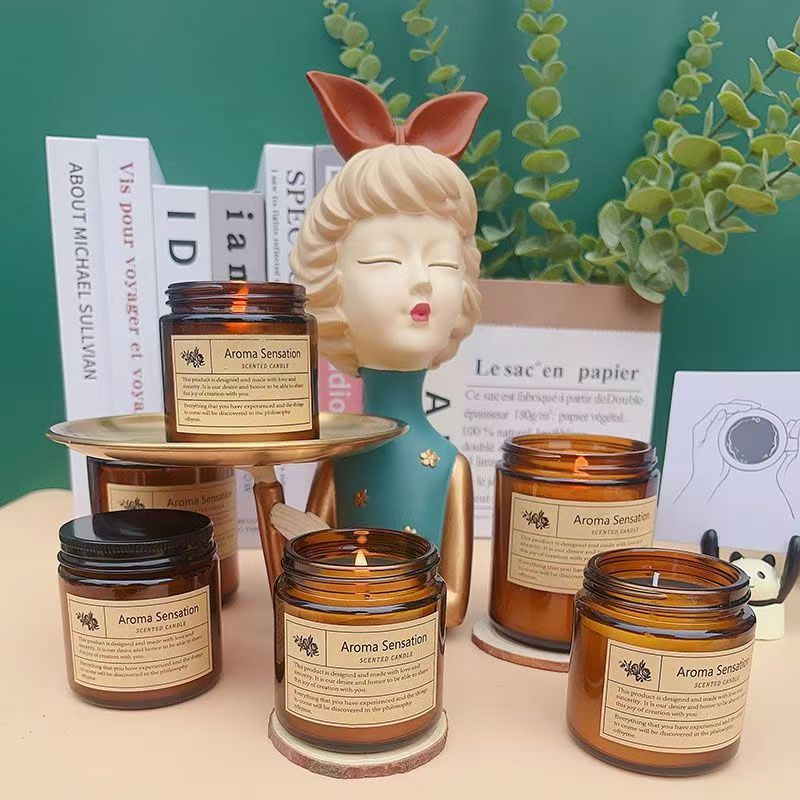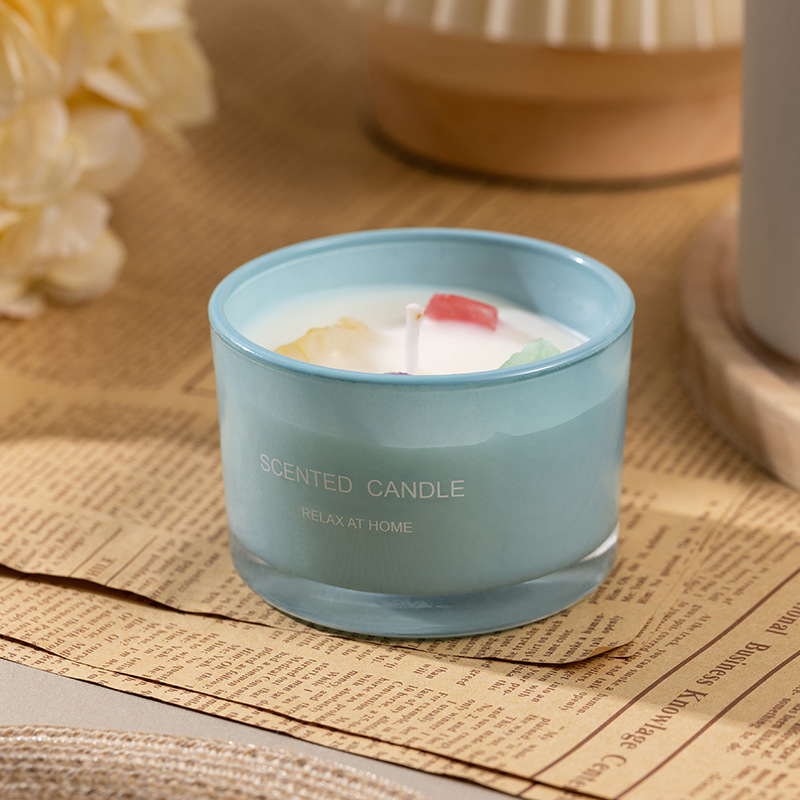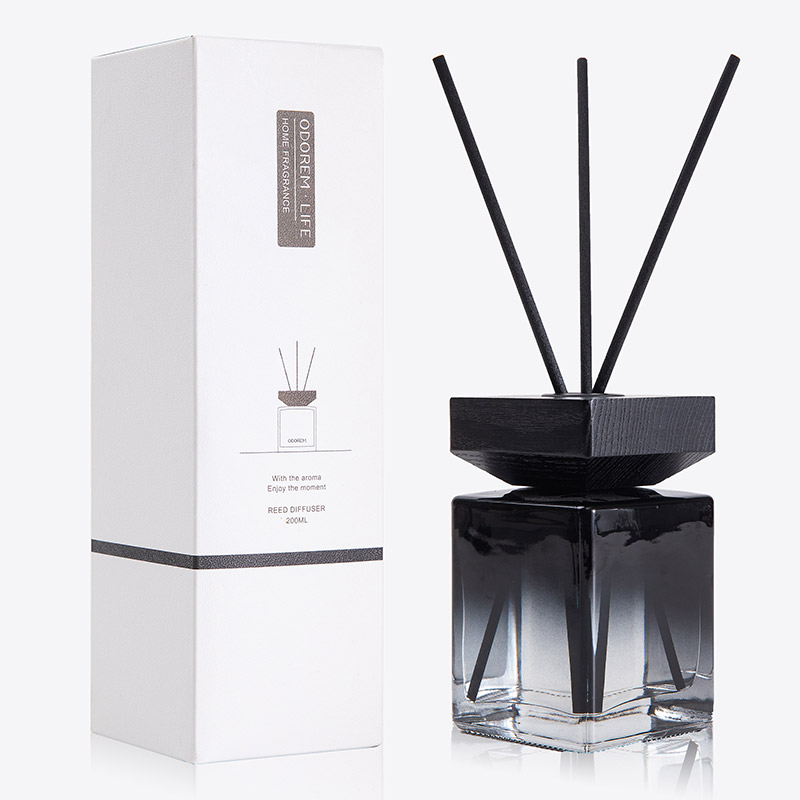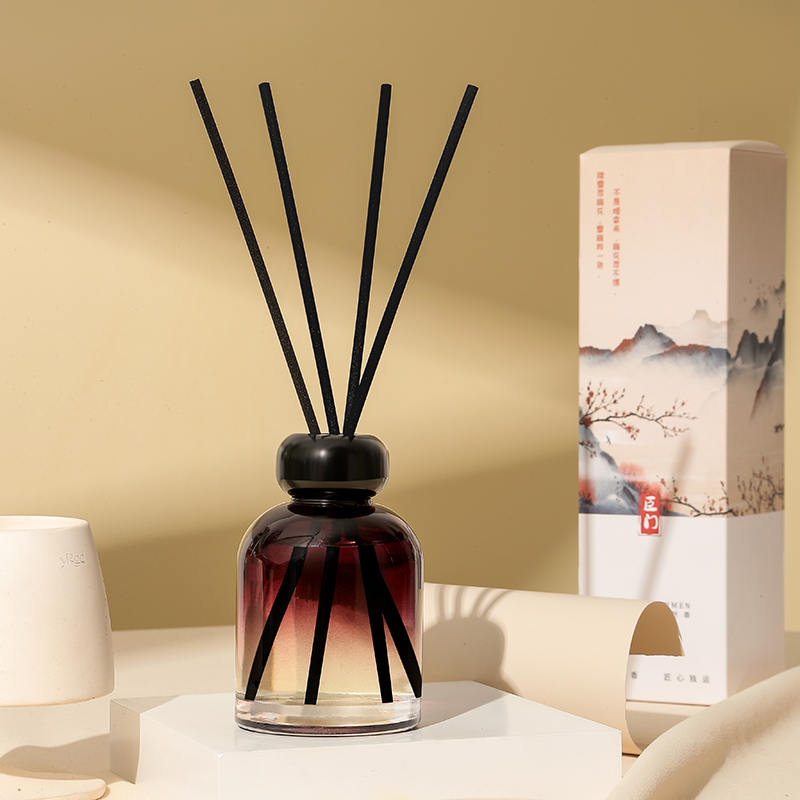What Scent Types of Hanging Car Aromatherapy Sheets Are Non-Toxic for Sensitive Users?
Content
- 1 What Defines a “Non-Toxic” Hanging Car Aromatherapy Sheet for Sensitive Users?
- 2 Which Natural Scent Types Are Safe and Non-Toxic for Sensitive Users?
- 3 Are There Scent Types That Sensitive Users Should Always Avoid?
- 4 How Can Sensitive Users Verify if a Hanging Aromatherapy Sheet’s Scent Is Non-Toxic?
- 5 What Additional Tips Help Sensitive Users Safely Use Hanging Car Aromatherapy Sheets?
What Defines a “Non-Toxic” Hanging Car Aromatherapy Sheet for Sensitive Users?
For sensitive users, non-toxic hanging car aromatherapy sheets must meet two core criteria: they contain no harmful synthetic additives and use safe, gentle scent sources. Harmful substances to avoid include phthalates (used to extend fragrance life but linked to respiratory irritation), formaldehyde-releasing preservatives, artificial dyes, and synthetic fragrances derived from petrochemicals. Additionally, non-toxic options should be free of volatile organic compounds (VOCs) that can accumulate in a car’s enclosed space, triggering allergies, headaches, or asthma. A truly non-toxic sheet relies on natural, minimally processed ingredients and scents that are mild enough for sensitive respiratory systems.
Which Natural Scent Types Are Safe and Non-Toxic for Sensitive Users?
Several natural scent categories are ideal for sensitive users, as they are derived from plant sources and low in irritants. Lavender is a top choice—its mild, floral aroma comes from lavender essential oil, which is known for calming properties and rarely triggers sensitivities when used in low concentrations. Chamomile (either Roman or German) offers a soft, apple-like scent; its essential oil is gentle on airways and often used in products for sensitive skin and respiratory systems. Citrus scents (in moderation) like sweet orange or lemon can work, but only if they are cold-pressed (not solvent-extracted) to avoid residual chemicals—their bright aroma is uplifting without being overpowering. Sandalwood (sustainable, responsibly sourced varieties) provides a warm, woody scent that is slow-releasing and less likely to irritate than strong floral or spicy notes. These scents are safe because they rely on natural plant oils rather than synthetic replicas.
Are There Scent Types That Sensitive Users Should Always Avoid?
Yes—certain scent categories, even if labeled “natural,” pose risks to sensitive users. Strong spicy scents like cinnamon, clove, or nutmeg are common irritants; their concentrated oils can trigger coughing, sneezing, or throat tightness in enclosed car spaces. Synthetic “fresh” or “clean” scents (often labeled as “linen,” “ocean breeze,” or “cotton”) are major red flags—they typically contain phthalates and petrochemical-based fragrances that mimic natural notes but cause respiratory distress. Heavily blended floral scents (e.g., a mix of jasmine, gardenia, and rose) can overwhelm sensitive systems, even if each component is natural, due to the high concentration of volatile compounds. Fruity scents with artificial sweeteners (like “strawberry shortcake” or “peach candy”) also often include synthetic additives to enhance sweetness, making them unsafe for sensitive users.
How Can Sensitive Users Verify if a Hanging Aromatherapy Sheet’s Scent Is Non-Toxic?
First, check the ingredient list: the scent should be labeled as “100% pure essential oil” (e.g., “lavender essential oil”) rather than “fragrance” or “parfum” (terms that often hide synthetic blends). Avoid products with added chemicals like diethyl phthalate (DEP), methylisothiazolinone (MIT), or artificial colorants. Second, test the scent in a well-ventilated space before using it in a car—hold the sheet a few inches from your nose for 30 seconds; if you notice any itching, sneezing, or dizziness, it’s not suitable. Third, look for third-party certifications (e.g., “non-toxic,” “hypoallergenic,” or “asthma-friendly”) from reputable organizations, as these indicate the product has been tested for irritants. Finally, opt for sheets made with natural base materials (like cotton or bamboo) instead of synthetic fabrics, as these can trap harmful chemicals.
What Additional Tips Help Sensitive Users Safely Use Hanging Car Aromatherapy Sheets?
Even with non-toxic scents, usage habits matter for sensitive users. Avoid placing the sheet directly near air vents—this can amplify the scent and circulate it too quickly. Instead, hang it in a spot with mild airflow (e.g., near the rearview mirror but not in direct vent path). Replace the sheet regularly (every 2–4 weeks, depending on the product) to prevent the scent from becoming stale or accumulating dust, which can add extra irritants. If you share the car with others, choose a mild scent (like lavender or chamomile) that is unlikely to bother multiple people. Finally, keep a window slightly cracked when using the sheet (especially in hot weather), as heat can increase the release of volatile compounds—even non-toxic ones—making the scent stronger than necessary.

 English
English Español
Español عربى
عربى






